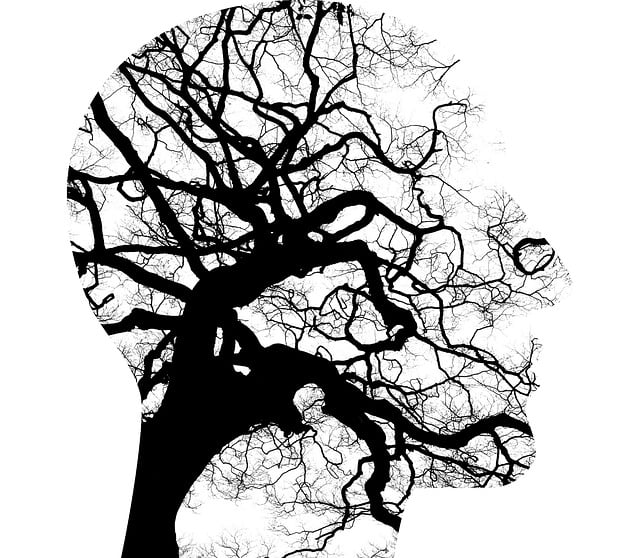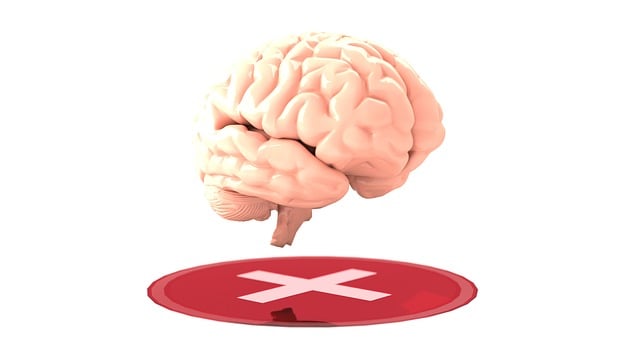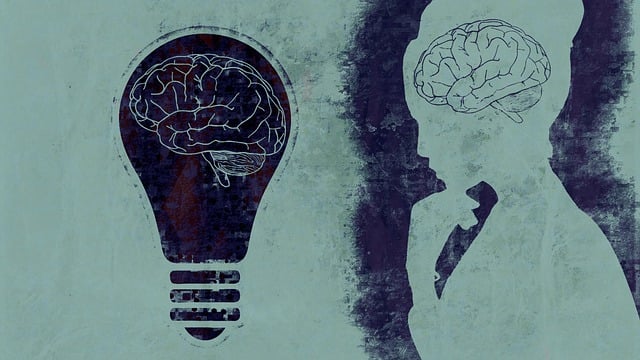Mood regulation is crucial for elder well-being, with tailored therapy for elders and gender-affirming care significantly enhancing their quality of life. Effective strategies include individual therapy addressing mood disorders, stress management workshops, mental health policy advocacy, and holistically focused care. A gender-affirming approach in therapy validates unique identities, combats ageism and discrimination, fosters safe environments, and enhances community connections. Identifying triggers, cognitive retraining, and risk management planning support emotional balance. Holistic care, integrating activities and social connections, reengages older adults in meaningful pursuits, building resilience and a sense of community.
Mood regulation strategies are essential components of overall well-being, especially for elders. In this comprehensive guide, we explore various approaches to managing moods effectively. From understanding the foundational role of mood regulation in mental health to delving into specific techniques like cognitive strategies and holistic care, we provide insights tailored for elders. A notable focus is on gender-affirming therapy, offering a unique perspective for older adults. By identifying triggers and integrating activities, social connections, and mindfulness practices, this article empowers readers to navigate their emotional well-being with grace.
- Understanding Mood Regulation: The Foundation of Well-being
- Therapy for Elders: A Gender-Affirming Approach
- Identifying Triggers: Unraveling the Causes of Mood Swings
- Cognitive Strategies: Retraining Your Mind for Balance
- Holistic Care: Integrating Activities and Social Connections
Understanding Mood Regulation: The Foundation of Well-being

Understanding Mood Regulation is foundational to elder well-being. As our population ages, it’s increasingly vital to explore effective strategies that cater to the unique needs of seniors, especially when considering the impact on their overall emotional and mental health. Therapy for Elders, tailored to address mood disorders, plays a pivotal role in enhancing their quality of life.
Gender-affirming care is another essential aspect, as it recognizes the profound effect of affirming an individual’s identity on their emotional well-being. This approach not only respects but also promotes the mental health and sense of belonging of elders. Beyond individual therapy, Stress Management Workshops organized by community centers or healthcare providers offer valuable tools for seniors to navigate stress, anxiety, and depression. These workshops often incorporate Emotional Well-being Promotion Techniques that have been proven effective in improving participants’ resilience and coping mechanisms. The broader context of Mental Health Policy Analysis and Advocacy also plays a crucial role in ensuring access to quality care by shaping initiatives aimed at integrating mood regulation services into routine healthcare for elders.
Therapy for Elders: A Gender-Affirming Approach

For elders experiencing mood disorders, a gender-affirming approach in therapy can be transformative. This method recognizes and validates the unique experiences and identities of older adults, especially those who identify as transgender or non-binary. Traditional therapeutic practices often lack sensitivity to the specific challenges faced by this demographic, such as ageism and gender-related discrimination, which can hinder effective treatment.
A gender-affirming care model focuses on fostering a safe and supportive environment where elders feel empowered to express themselves authentically. This approach includes addressing social isolation, a common issue among older individuals, through building community connections and encouraging participation in groups that align with their interests and identities. Social skills training can play a significant role here, helping to rebuild or strengthen relationships and combat feelings of loneliness. Additionally, therapy sessions can incorporate strategies for depression prevention and burnout prevention tailored to healthcare providers working with this population, ensuring a holistic and comprehensive care approach.
Identifying Triggers: Unraveling the Causes of Mood Swings

Identifying triggers is a crucial step in managing and regulating one’s mood, especially for elders receiving gender-affirming care. Mood swings can be complex, often stemming from various interconnected factors. Through therapy, elders and their caregivers can learn to unravel these causes. By understanding specific triggers, such as certain environments, social interactions, or even personal memories, individuals can develop more effective coping strategies.
This process involves a combination of introspection and, at times, the support of mental health professionals. Risk management planning for healthcare providers plays a vital role in this journey, ensuring that both elders and caregivers are equipped with tools to navigate emotional challenges. Compassion cultivation practices and cultural competency training for healthcare providers further enhance the care environment, fostering understanding and empathy during these introspective journeys.
Cognitive Strategies: Retraining Your Mind for Balance

Cognitive strategies play a pivotal role in mood regulation, especially for elders seeking to maintain mental wellness. Through therapy and gender-affirming care, individuals can retrain their minds to cultivate emotional balance. This involves identifying and challenging negative thought patterns that contribute to low moods or anxiety. For instance, a therapist might help an elder recognize cognitive distortions like all-or-nothing thinking or jumping to conclusions, which can significantly impact overall mental health.
By engaging in this process, elders can develop more adaptive ways of thinking and responding to stressful situations. The concept aligns with Mind Over Matter principles, emphasizing the power of mental wellness podcast series production as a tool for personal growth. This approach, combined with effective risk management planning for mental health professionals, ensures that elders receive tailored support, fostering resilience and enhanced emotional well-being.
Holistic Care: Integrating Activities and Social Connections

Holistic care is a transformative approach to mood regulation, especially relevant in the context of elderly therapy. This method goes beyond traditional therapeutic techniques by integrating various activities and fostering social connections, which are vital for overall well-being. In today’s digital era, where social isolation is a growing concern, gender-affirming care can play a pivotal role in enhancing self-esteem among older adults. By encouraging participation in meaningful activities tailored to their interests, professionals can help elders reconnect with their passions and build a sense of purpose.
Furthermore, the integration of holistic practices enables risk management planning for mental health professionals, ensuring they cater to the unique needs of each individual. This approach not only complements conventional therapy but also aligns with the evolving mental health policy analysis and advocacy, promoting inclusive and effective care. Through these strategies, caregivers can create a supportive environment that nurtures emotional resilience and fosters a sense of community among the elderly.
Mood regulation is a multifaceted process that significantly contributes to overall well-being, especially for elders. As seen through gender-affirming therapy and holistic care approaches, addressing emotional health requires a tailored combination of cognitive strategies, identifying triggers, and integrating social connections. By understanding the roots of mood swings and employing effective techniques, individuals can achieve a more balanced and fulfilling life. This comprehensive guide highlights essential tools to navigate and manage moods, with a particular focus on providing gender-affirming care for elders in today’s digital era.














